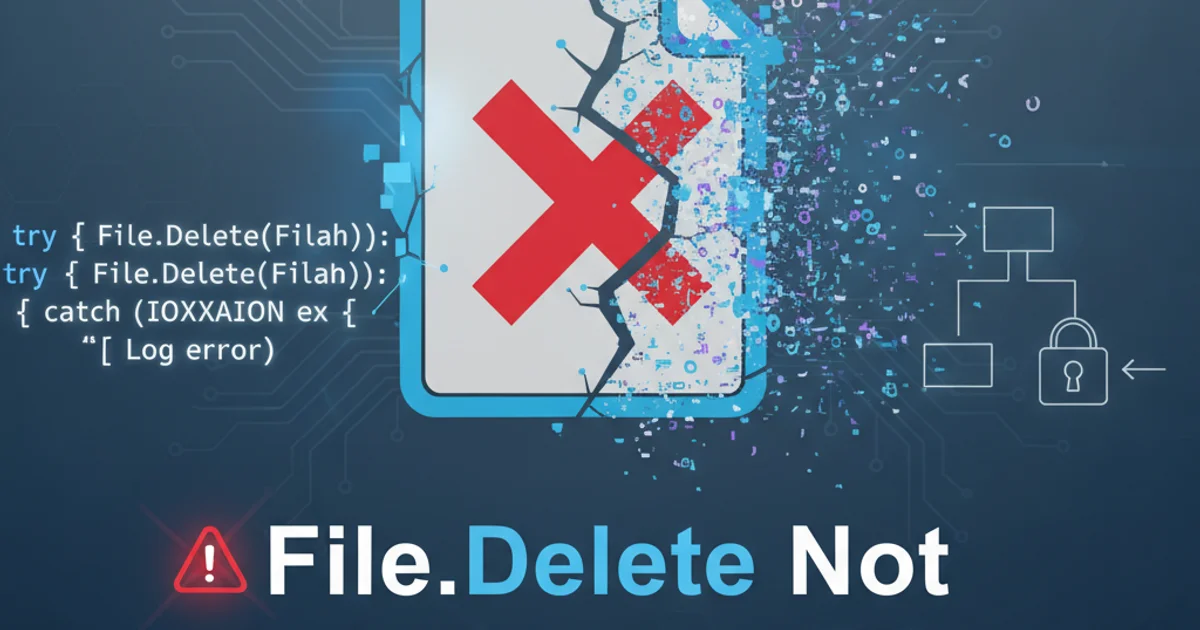Update R using RStudio
Categories:
Seamlessly Update R and RStudio: A Comprehensive Guide

Learn the best practices and step-by-step methods to keep your R and RStudio installations up-to-date across different operating systems, ensuring access to the latest features and bug fixes.
Keeping your R and RStudio installations current is crucial for a smooth and efficient data analysis workflow. Updates often bring performance improvements, new functionalities, bug fixes, and compatibility with the latest R packages. This guide will walk you through the recommended procedures for updating both R and RStudio on Windows, macOS, and Linux, along with important considerations to ensure a hassle-free upgrade process.
Understanding the Update Process
It's important to understand that R and RStudio are separate applications, and updating one does not automatically update the other. R is the statistical programming language and environment, while RStudio is an Integrated Development Environment (IDE) that provides a user-friendly interface for R. Therefore, you will typically update R first, and then RStudio.
flowchart TD
A[Start] --> B{Check R Version}
B --> C{Is R up-to-date?}
C -->|No| D[Update R]
C -->|Yes| E{Check RStudio Version}
D --> E
E --> F{Is RStudio up-to-date?}
F -->|No| G[Update RStudio]
F -->|Yes| H[End]
G --> HGeneral workflow for updating R and RStudio
Updating R
Updating R itself involves installing a new version of the R interpreter. This process varies slightly depending on your operating system. Before updating, it's a good practice to back up any critical R scripts or project files, although R updates generally do not affect your personal files.
update.packages(checkBuilt = TRUE, ask = FALSE) command in the R console to update all installed packages for the new R version.1. Windows
For Windows users, the easiest way to update R is to use the installr package. First, open R or RStudio and install installr if you haven't already. Then, run the updateR() function.
2. macOS
On macOS, you typically download the latest R installer package (.pkg file) from CRAN (Comprehensive R Archive Network) and run it. This will install the new version alongside or over your existing R installation. You can find the latest version at CRAN's macOS page.
3. Linux (Debian/Ubuntu)
For Debian/Ubuntu-based systems, it's recommended to use CRAN's repository. First, ensure your /etc/apt/sources.list or a file in /etc/apt/sources.list.d/ contains the CRAN repository entry for your distribution. Then, update your package lists and upgrade R.
Windows (using installr)
# Install installr if you don't have it
if(!require(installr)){
install.packages("installr")
require(installr)
}
# Update R
updateR()
Linux (Debian/Ubuntu)
# Add CRAN repository key (if not already added)
sudo apt-key adv --keyserver keyserver.ubuntu.com --recv-keys E298A3A825C0D65DFD57CBB6517EE00E669E27FD
# Add CRAN repository (replace 'focal' with your distribution name, e.g., 'jammy')
# For example, for Ubuntu 20.04 (Focal Fossa):
# echo "deb https://cloud.r-project.org/bin/linux/ubuntu focal-cran40/" | sudo tee -a /etc/apt/sources.list.d/cran.list
# Update package lists
sudo apt update
# Upgrade R
sudo apt upgrade r-base r-base-dev
Updating RStudio
Updating RStudio is generally simpler than updating R. RStudio provides built-in mechanisms or direct downloads for its updates. It's always best to update RStudio after you have updated R, to ensure compatibility with the new R version.
1. Using RStudio's Built-in Updater
Open RStudio. Go to Help -> Check for Updates. If an update is available, RStudio will prompt you to download and install it. Follow the on-screen instructions.
2. Manual Download and Installation
Alternatively, you can always download the latest version of RStudio Desktop from the official RStudio website (rstudio.com/products/rstudio/download/). Download the installer appropriate for your operating system and run it. This will typically overwrite your existing RStudio installation while preserving your settings.
Post-Update Checks and Troubleshooting
After updating both R and RStudio, it's a good idea to perform a few checks to ensure everything is working as expected.
# Check R version
R.version.string
# Check RStudio version
RStudio.Version()$version
# Reinstall/update packages if necessary
update.packages(checkBuilt = TRUE, ask = FALSE)
Commands to verify R and RStudio versions and update packages